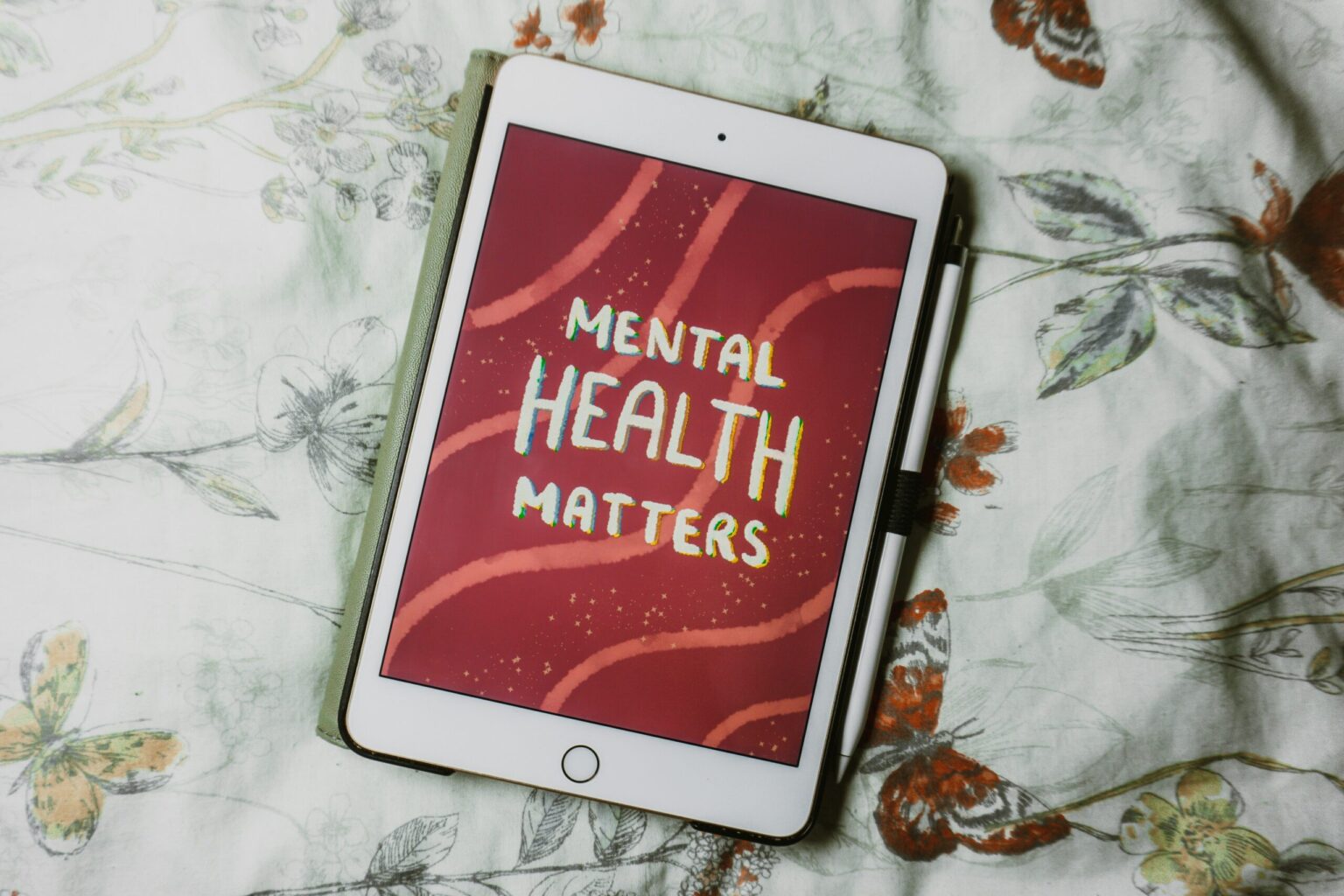Mental health has historically been a neglected area in men’s health discussions, with many men hesitant to seek help due to societal expectations around masculinity and self-reliance. However, in September 2024, a global shift in the conversation took place at the inaugural Global Men’s Mental Health Summit, held in Sydney, Australia. The event brought together mental health professionals, advocates, and individuals affected by mental health challenges to raise awareness and reduce the stigma surrounding mental health issues in men.
Statistics on men’s mental health are concerning. According to the World Health Organization (WHO), men are disproportionately affected by mental health conditions, yet they are less likely to seek help. In fact, men are four times more likely to die by suicide than women, with the highest rates of suicide occurring among men aged 45 to 59. This disturbing trend highlights the need for more focused efforts to address mental health issues among men.
One of the key themes of the summit was the importance of early intervention and access to support services. Dr. Emily Hughes, a clinical psychologist who spoke at the event, emphasized the need for mental health resources tailored specifically for men. She pointed out that many men do not recognize the symptoms of mental health disorders or feel that seeking help would undermine their masculinity. By offering services and programs that cater to men’s unique needs, the mental health community can encourage more men to take action before their conditions worsen.
The summit also highlighted the role of physical activity in improving mental health. Events like the Sydney Marathon, which took place alongside the summit, were used to emphasize the positive impact of exercise on mental well-being. Running and other forms of physical exercise have been shown to reduce stress, anxiety, and depression, providing a natural remedy for many men struggling with mental health challenges.
The Global Men’s Mental Health Summit was a significant step in addressing the mental health crisis among men. By fostering a more open and supportive environment, this event has helped pave the way for a future in which men are more willing to seek help and take proactive steps toward maintaining their mental well-being.
